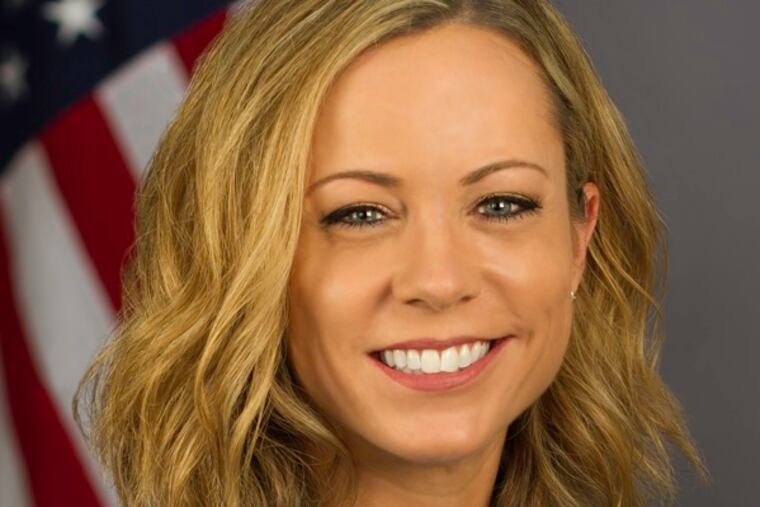SEC, FBI to host COVID-19 consumer fraud prevention call Oct. 6, free and open to the public
Coronavirus frauds have sprung up all over, targeting seniors and the financially vulnerable. Here's how not to lose money.

The Philadelphia office of the Securities and Exchange Commission is hosting a public outreach event on Tuesday, Oct. 6, aiming to help Americans avoid financial frauds related to the coronavirus pandemic, including phony investment and retirement pitches, fake COVID-19 test kits, and get-rich-quick scams.
Kelly Gibson, director of the SEC’s Philadelphia office, will moderate the free event, offered along with the office of the U.S. Attorney for the Eastern District of Pennsylvania, the FBI, and the Federal Trade Commission.
To participate, go to the SEC’s website, sec.gov, between 3:30 p.m. and 4 p.m. on Oct. 6 and click on the Event link. Submit questions for speakers in advance to SECPhillyOutreach@sec.gov. Registration is not required.
Many U.S. federal agencies are receiving complaints of coronavirus scams, especially advance-fee and multi-level marketing frauds, theft of funds through the Small Business Administration’s emergency loan program, unemployment fraud, and fake coronavirus cures peddled through the internet or through robo-calls. The elderly are particularly vulnerable to these financial frauds, Gibson said.
Panel speakers will include Scott Thompson, associate director of the SEC Philadelphia regional office; Jon Miller Steiger, director, East Central Region of the Federal Trade Commission; Ronald Sarachan, assistant U.S. Attorney and deputy chief, Criminal Division, White Collar Crime for the Eastern District of Pennsylvania; and Patrick Duffy, supervisory special agent, Federal Bureau of Investigation.
» READ MORE: Philly business leaders form task force to recharge the region’s economy
The U.S. Attorney’s office here has been investigating unemployment and identity fraud for months, ever since Congress passed a stimulus package following mass job losses.
As many as 58,000 Pennsylvanians had some identifying information stolen earlier this year as part of nationwide scams related to coronavirus, the government has said. Readers can report identity thefts related to unemployment to the state of Pennsylvania here.
The Internal Revenue Service also issued its annual Dirty Dozen list of top tax scams, and highlighted fake charities related to the COVID-19 pandemic. Fake charity schemes generally start with unsolicited telephone calls, texts, emails or even in-person appeals. And bogus websites use names similar to those of legitimate charities to get people to send money or disclose financial information.
» READ MORE: An evaluation of Trump’s and Biden’s economic policies by Moody’s economist Mark Zandi
Legitimate charities will provide their employer identification number (EIN), which can be used to verify legitimacy. You can find qualified charities with the search tool on IRS.gov.
The IRS “has seen a tremendous increase in phishing schemes utilizing emails, letters, texts and links,” the agency said this past summer. “These phishing schemes are using keywords such as ‘coronavirus,’ ‘COVID-19’ and ‘stimulus’ in various ways. Most of these new schemes are actively playing on the fear and unknown of the virus and the stimulus payments.”